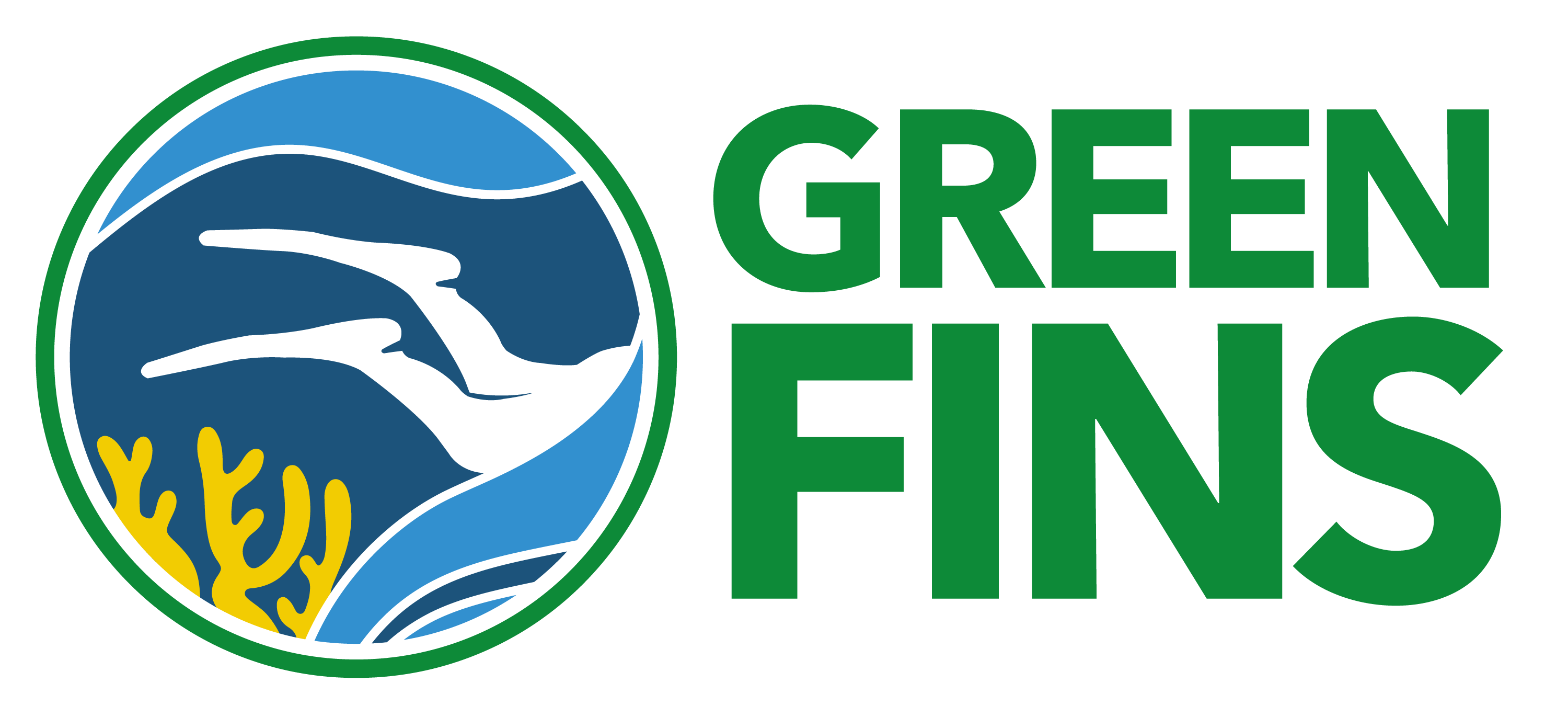On July 29th 2017, Green Fins stakeholders organised a beach cleanup involving the dive shops, local community and local government. In just two hours, over 60 volunteers collected roughly 400 kg of trash from Doljo Beach. The majority of the trash was residuals including single use plastics, sachet, cigarette butts and junk food wrappers; all of which do not biodegrade but instead are broken down by sunlight into microplastic which then enters the food chain.
In recent years the threat marine debris has grown exponentially, as has society’s awareness of the issue. For many people, prevention of trash ending up in the ocean is a major concern. In Panglao, Philippines there is a beautiful white sand beach called Doljo Beach, which is used by local communities and dive shops on a daily basis. Like many locations with a multitude of stakeholders, there is a tragedy of commons effect – everyone adds to the problem and no one is clearly responsible for it. This results in the accumulation of trash along the beach, which devalues the location for tourism.
Through active participation, community members can see how big of an impact they can have. While a beach cleanup like this is a small indent in the global marine debris issue, partaking in activities like this have widespread impacts amongst communities and help drive the message that ‘prevention is better than the cure’. ‘Seeing is believing’ and the volunteers on Doljo beach have seen the problem and are committed to helping the environment. Every piece of trash picked up is one less piece that will make its way into our oceans.
Green Fins awareness raising activities started in the Philippines in 2004 and the initiative was then officially launched in 2010. Green Fins Philippines is implemented by the Coastal and Marine Division under the Department of Environment and Natural Resources, Biodiversity Management Bureau (DENR-BMB) with support from NGOs including Batangas Community Divers, The El Nido Foundation and Marine Conservation Philippines.


